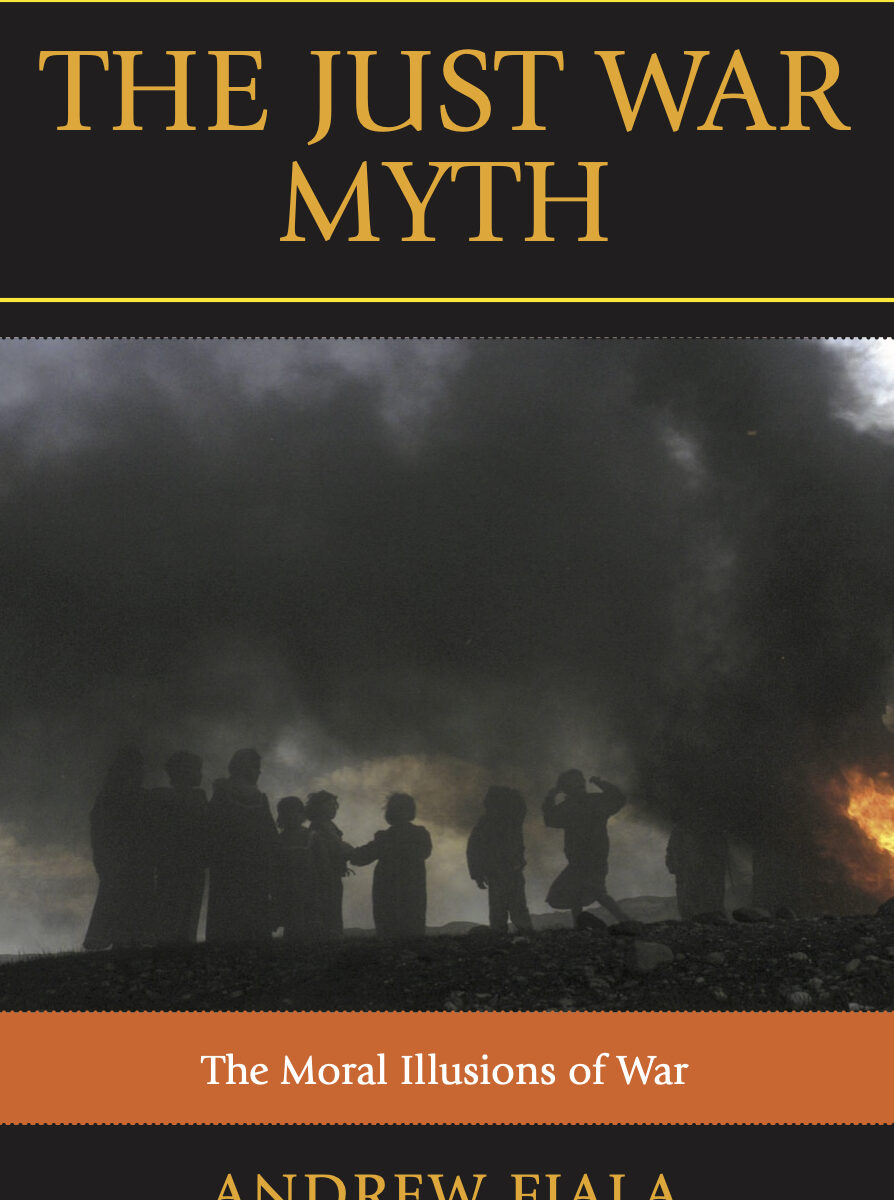The conclusion of two decades of American war in Afghanistan reminds us that war is rarely justified. A just war responds to aggression or defends human rights. Just wars should be fought for noble intentions. Just warriors should avoid deliberately harming noncombatants. Just warriors should not use torture or commit war crimes. And a just war should leave the world better off.
In Afghanistan, more than 150,000 people were killed. This includes Taliban fighters, Afghan government forces, and an estimated 47,000 civilians. Nearly 2,500 American soldiers were killed. Trillions were spent. Millions were displaced, including 2.6 million Afghan refugees.
It is not clear this was worth it, morally speaking.
This is not to say that the American soldiers who fought, bled, and died in “the war on terror” did anything wrong. Individual soldiers do not decide where to fight. In our democratic system, that decision is made by civilian leaders who are accountable to “we, the people.”
We asked our soldiers to fight in a war that was morally suspect from the beginning. We should apologize. In addition to saying “thank you for your service,” we should say, “I’m sorry.” And we must add, in addressing our veterans, “it is not your fault.”
Retrospective analysis is fraught with difficulties. But it was not clear from the beginning that an all-out invasion of Afghanistan was a proportional response to the attacks of September 11, 2001. The Taliban regime was not responsible for 9/11. It is true that Osama bin Ladin was hiding out in Afghanistan. But it was overkill to invade an entire country in order to root out terrorists. Critical voices argued, even in 2001, that a more targeted and proportional response would have been wiser.
It is also important to consider whether sustained and well-funded nonviolent alternatives to war could have been efficacious. What kinds of nonviolent terrorism prevention programs could have been funded with the trillions of dollars spent in Afghanistan?
The Taliban was (and is) undemocratic and repressive. It could be argued that removing the Taliban was justified in defense of human rights. But nation-building wars are much more difficult to justify and to win, as Afghanistan and Iraq show. As we’ve learned in both cases, the regimes we installed suffered from corruption as well as a lack of legitimacy and popular support.
From the beginning our intentions were mixed. Some wanted revenge for 9/11. Some wanted to “drain the swamp” harboring terrorists. Some wanted to create democracy. There were also strategic considerations involving Iran, Russia, Pakistan, and China, linked to the neoconservative desire to assert American supremacy around the globe.
Along the way, atrocities were committed. Lies were told. Goodwill was squandered. Contractors enriched themselves. And brave men and women lost limbs and lives.
In 2007, I offered a critical analysis of the wars in Afghanistan and Iraq, where I showed the problem of “the just war myth.” The just war myth evolves from wishful thinking about war. We want to believe that war can be easily justified. We want to believe that we are the good guys who win the wars we fight because of our moral superiority. Those are illusions.
We also want to believe that civilian and military leaders are wise and moral. We want to believe that our leaders know what they are doing, that they are concerned with morality, and that they are not merely playing politics with the lives of our soldiers.
Our trust in the probity and sagacity of our leaders is broken after years of polarization. This should undermine our faith in the just war myth. This does not mean one must affirm absolute pacifism. Rather, it means we should be more critical of war and more vigilant.
We, the people must say “never again” to ill-advised and unjust wars. We should be skeptical of militaristic rhetoric and simplistic narratives that divide the world into good guys and bad guys. We should question the idea that war can be an effective tool for promoting democracy. And we should educate ourselves about the importance of nonviolent alternatives to war.
This critical perspective is offered in solidarity with the soldiers who fought and died during the past 20 years. It is offered on behalf of the next generation of warriors who will be asked to bleed on our behalf. It is offered with compassionate concern for the men, women, and children who suffer the horrors of war.





